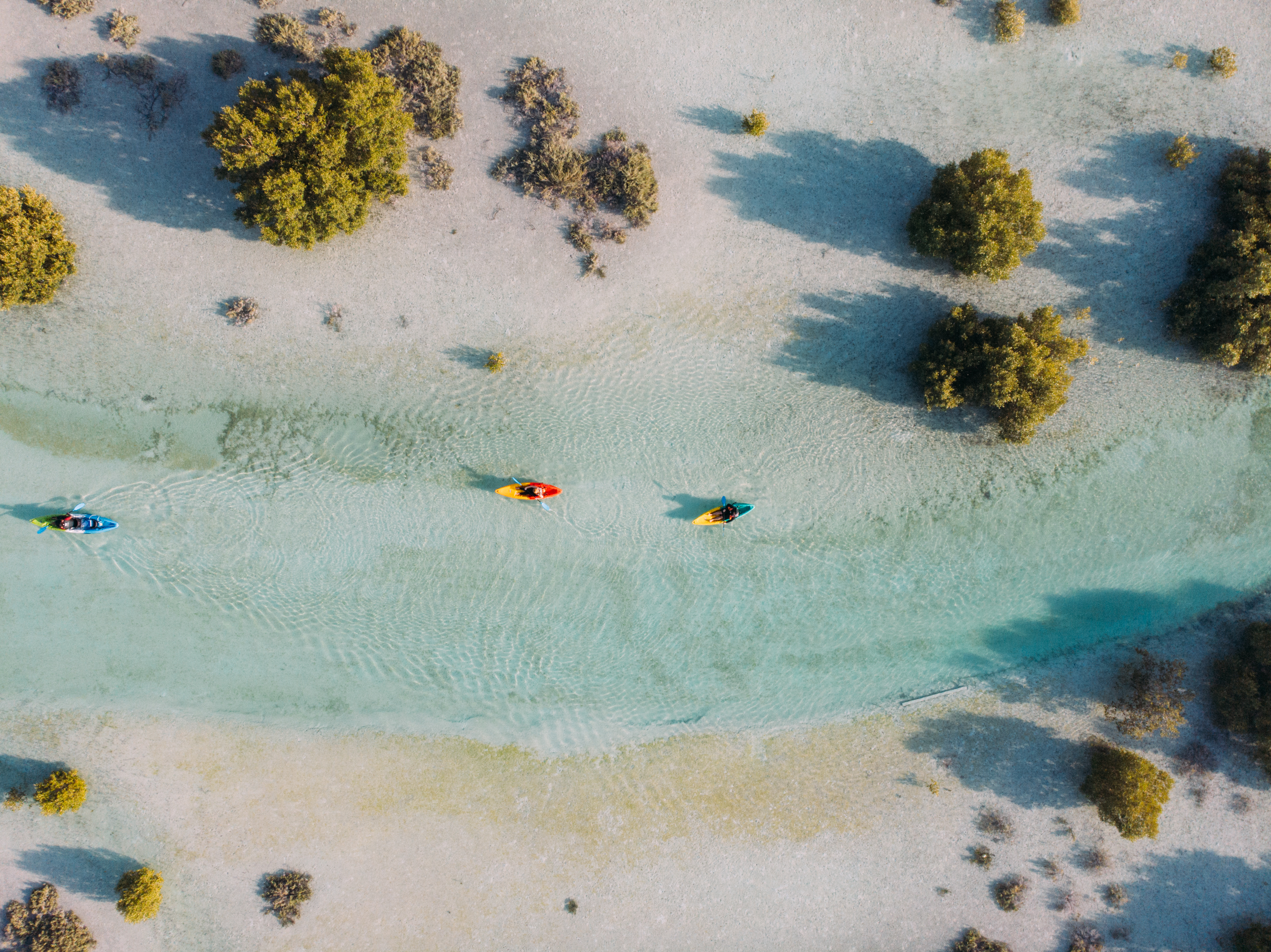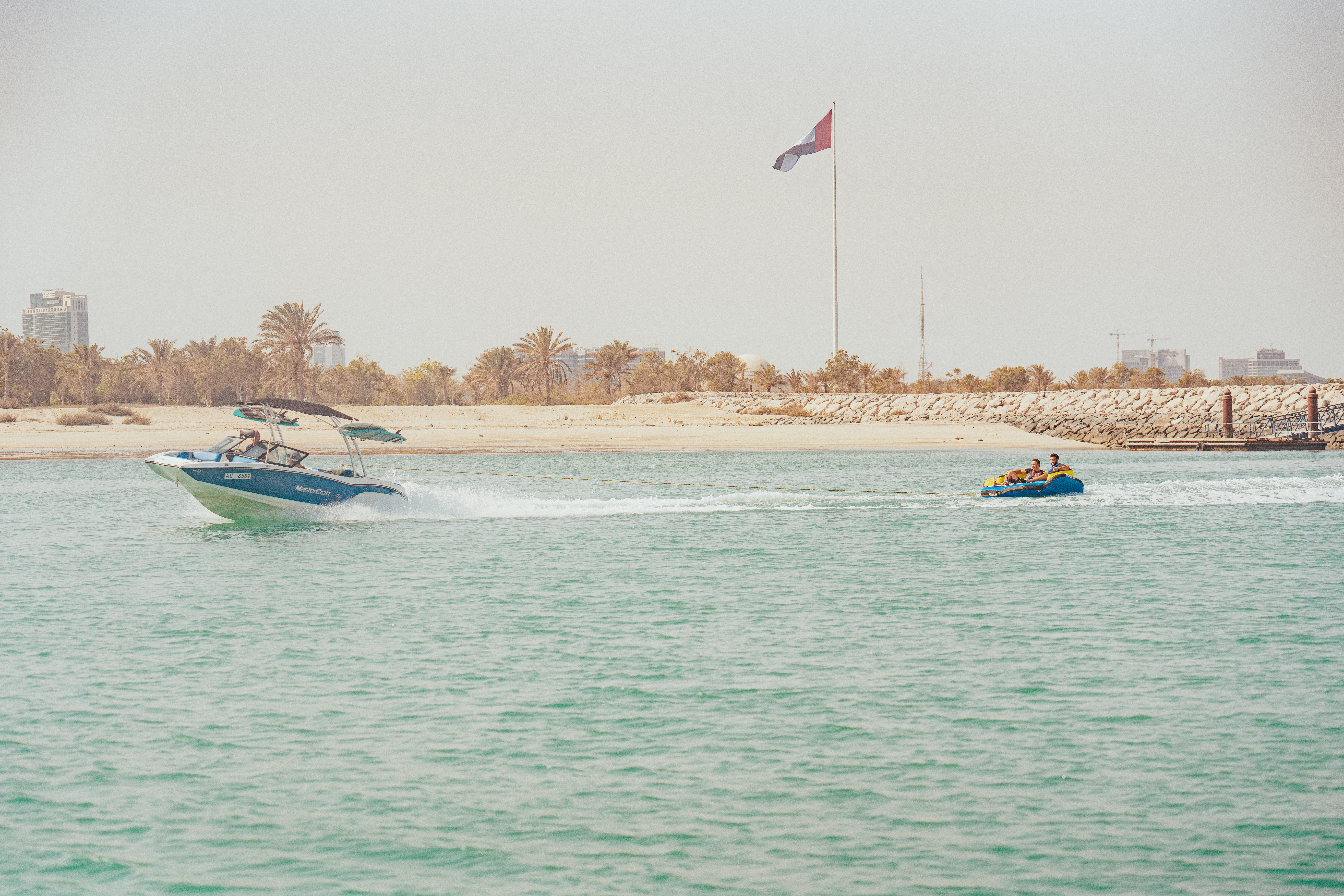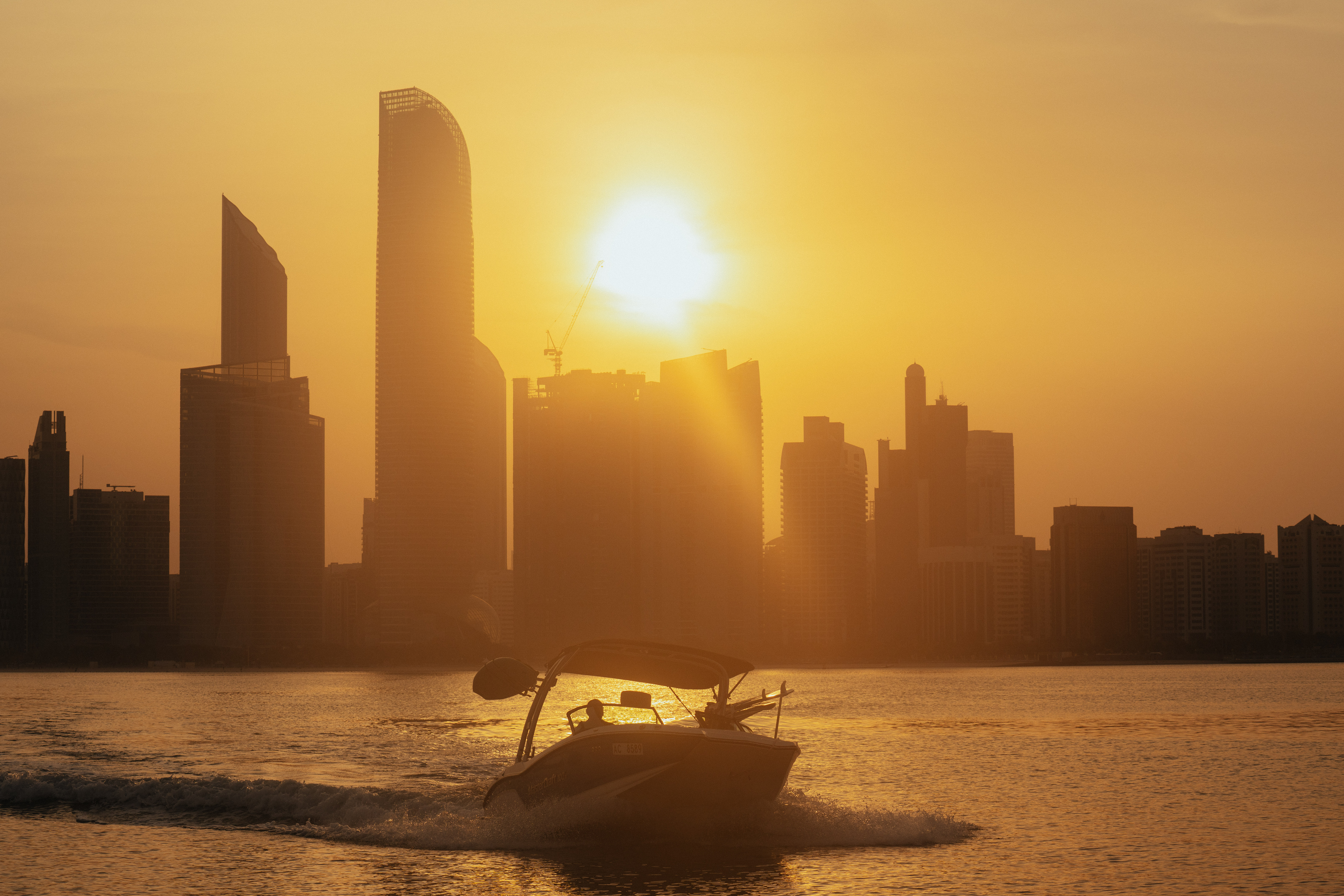
See All
9 rules and safety regulations to follow on and around Abu Dhabi waters
Scuba divers, sailors and sunseekers can count on Abu Dhabi’s coastline for perfect days that are made even better by a few key safety and etiquette rules. Overseen by Abu Dhabi Maritime and other local authorities, the emirate’s boating and beachfront regulations are designed to keep you safe and comfortable, no matter where you are or how you're spending your time.
Keep these nine simple Abu Dhabi beach rules and coastal guidelines in mind for an easy, carefree experience in Abu Dhabi, from start to finish.
1. Get the appropriate licence
Dreaming of a day-hire boat to explore the coves or set off on a fishing trip? You’ll need a little more than sunscreen and a skipper’s cap. Abu Dhabi’s boating rules for tourists state that any watercraft, including rentals, need to be registered, and at least one person on board must hold a valid licence from the Unified Marine Permit Center.
Boating tour operators in Abu Dhabi will always have licensing and registration covered. But if you’re visiting with your own yacht, a local agent needs to file paperwork 48 hours in advance to secure your six-month Cruising Permit. You’ll also need to keep your automatic identification system (AIS) signal live at all times.
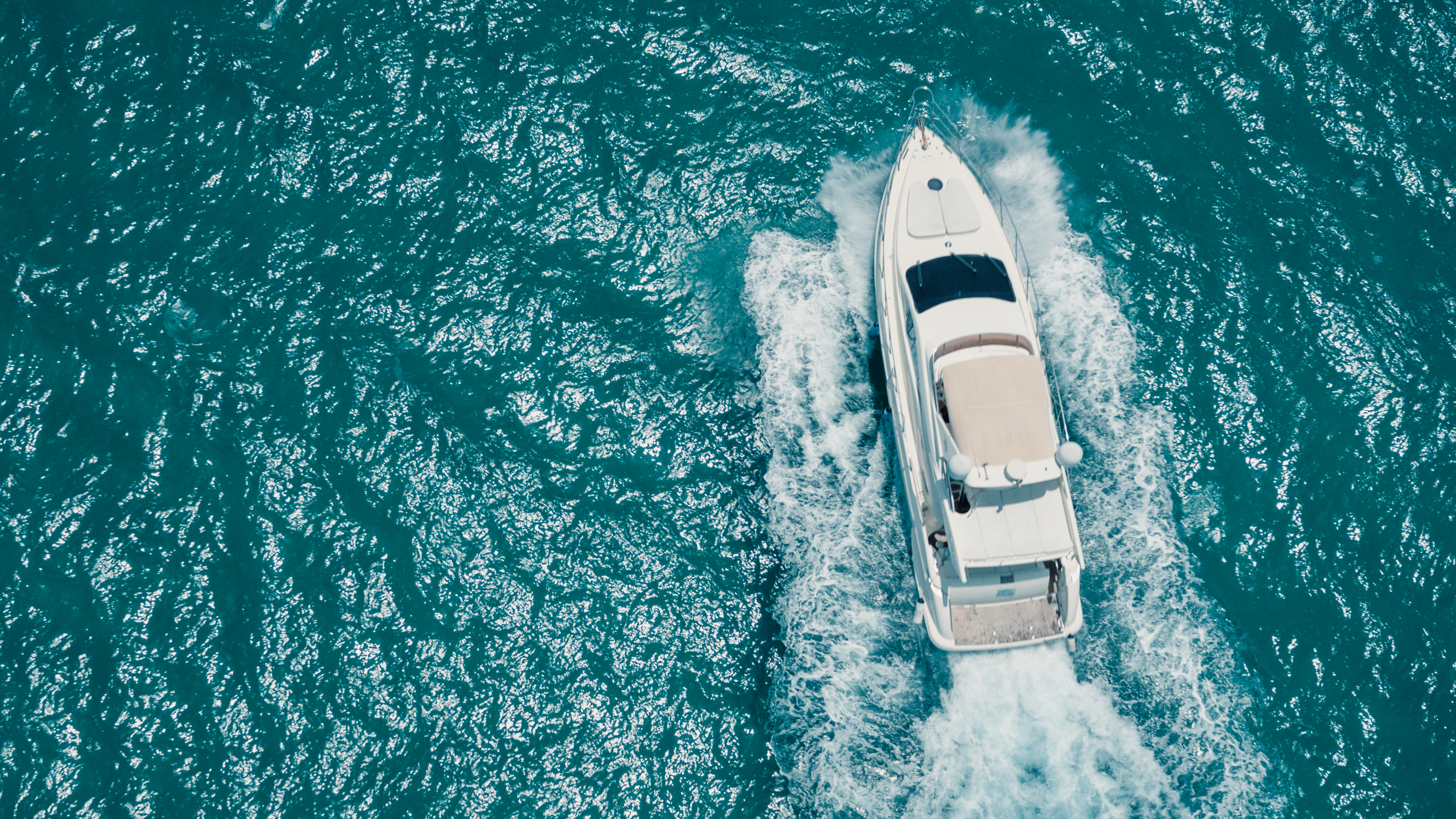
2. Follow the rules at sea
In Abu Dhabi, the waters are shared by kayaks, jet skis, sailboats and mighty cargo ships (to name a few), and there’s a rhythm to the flow of marine traffic.
Universal boating courtesies apply: power always yields to sail, and you’ll need to slow to five knots in marinas and give commercial ships a wide berth – one nautical mile, to be exact. If something goes wrong or you spot trouble at sea, the emergency number to call is 996.

3. Navigate with care
Visitors who want to enjoy Abu Dhabi’s coastal waters by boat should do so through a licensed tour operator or charter company. Life jackets must be available and are required during certain activities. Operators and passengers must wear life jackets at all times while on a personal watercraft (PWC), like a jet ski, and children under the age of 10 are generally required to wear life jackets when aboard any marine craft during navigation.
The boating rules in Abu Dhabi for tourists dictate that boats should never drop anchor in protected areas, and alcohol is only permitted on licensed vessels. As with cars, operating any watercraft under the influence is illegal and enforced.

4. Follow jet ski guidelines
Jet skis and other personal watercraft are a thrilling way to skim the surface, but they come with a few rules: only those 18 and up can ride solo, while 14–17-year-olds should be accompanied by a licensed adult.
PWCs must be registered through the Abu Dhabi Maritime authority, visibly marked and only used from sunrise to sunset – official water activity operators will generally take care of this. Lifejackets are mandatory, as are whistles and kill-switch lanyards. Finally, you should stay within one nautical mile from shore, and steer clear of swimmers by at least 60 metres.
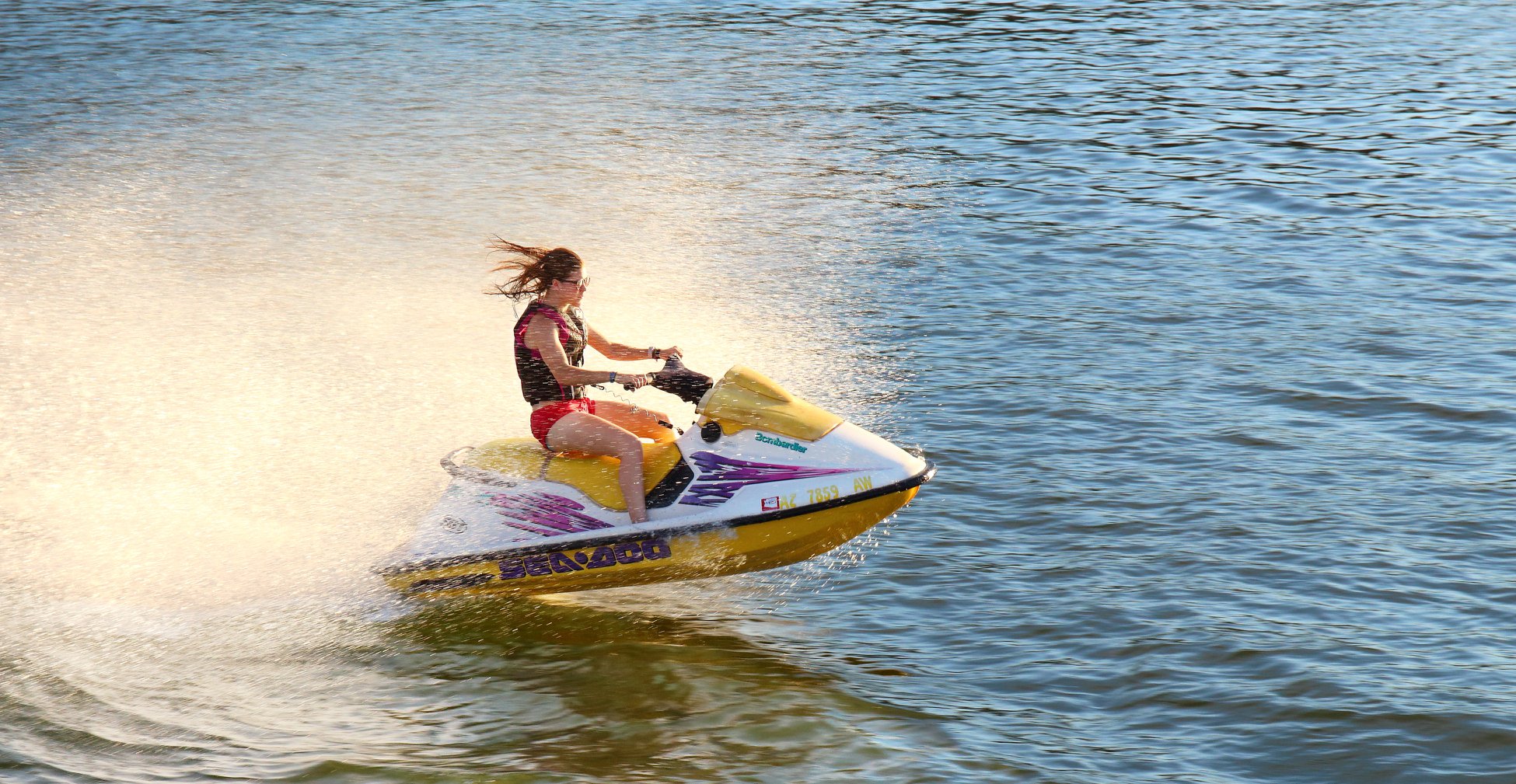
5. Dress for the occasion
Planning a lazy beach day? One- or two-piece swimsuits, as well as swim trunks and board shorts, are absolutely permitted at Abu Dhabi’s public and private beaches like the Corniche, Hudayriyat Mar Vista Beach and Kai Beach. Bikinis are fine for swimming and sunbathing, but it’s recommended to cover up when walking beyond the beach, particularly in family areas, car parks or cafés.
Major beaches have clear signage, and staff are on hand to ensure everyone enjoys the space respectfully. When in doubt, just ask a staff member or someone from your hotel – they’ll be happy to give you a local perspective.

6. Respect shared spaces
Public beaches in Abu Dhabi are shared among families, groups, couples and solo travellers, with a mix of residents and visitors. That's why Abu Dhabi beach rules discourage public displays of affection and loud music.
Littering is strictly not tolerated, and it’s considered impolite to take photos of others without their permission. Fines for invasive photography can be steep, so when in doubt, focus on sunsets, not faces.
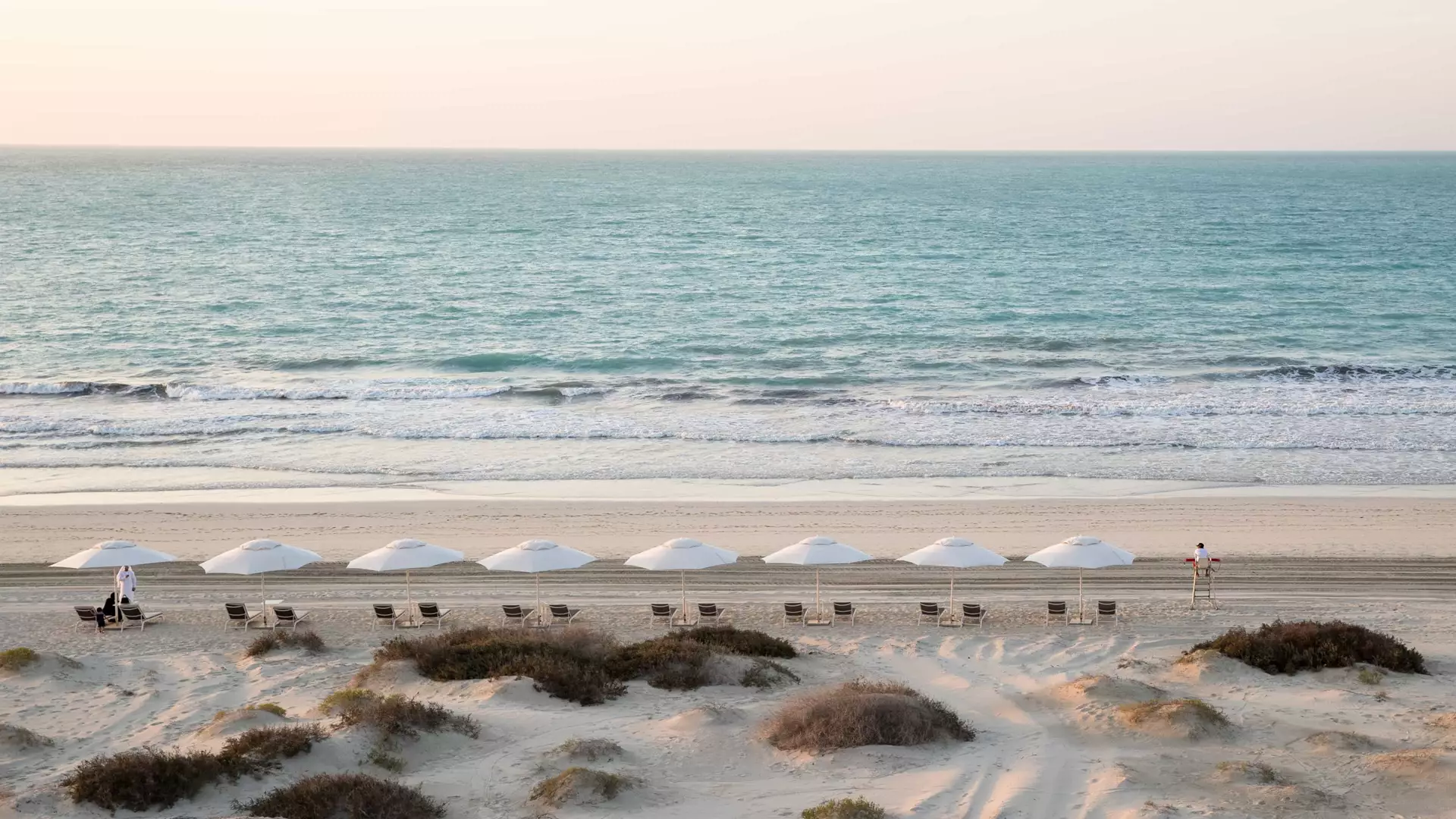
7. Take water safety seriously
Beaches are patrolled by lifeguards and use a flag system to communicate conditions: red for no swimming, yellow for caution and green for safe. Always swim within designated zones and avoid going too far from the shore. Not following these guidelines is one of the leading causes of beach rescues in the UAE, particularly when swimmers ignore red flags or venture into restricted areas.
During the peak summer months (especially July and August), plan water activities for early morning or late afternoon to avoid extreme heat and sun exposure. Swimming after dark is not advised, and in some areas, it’s not allowed. If you’re unsure, check with staff on site – lifeguards and beach officials are there to keep things running smoothly.
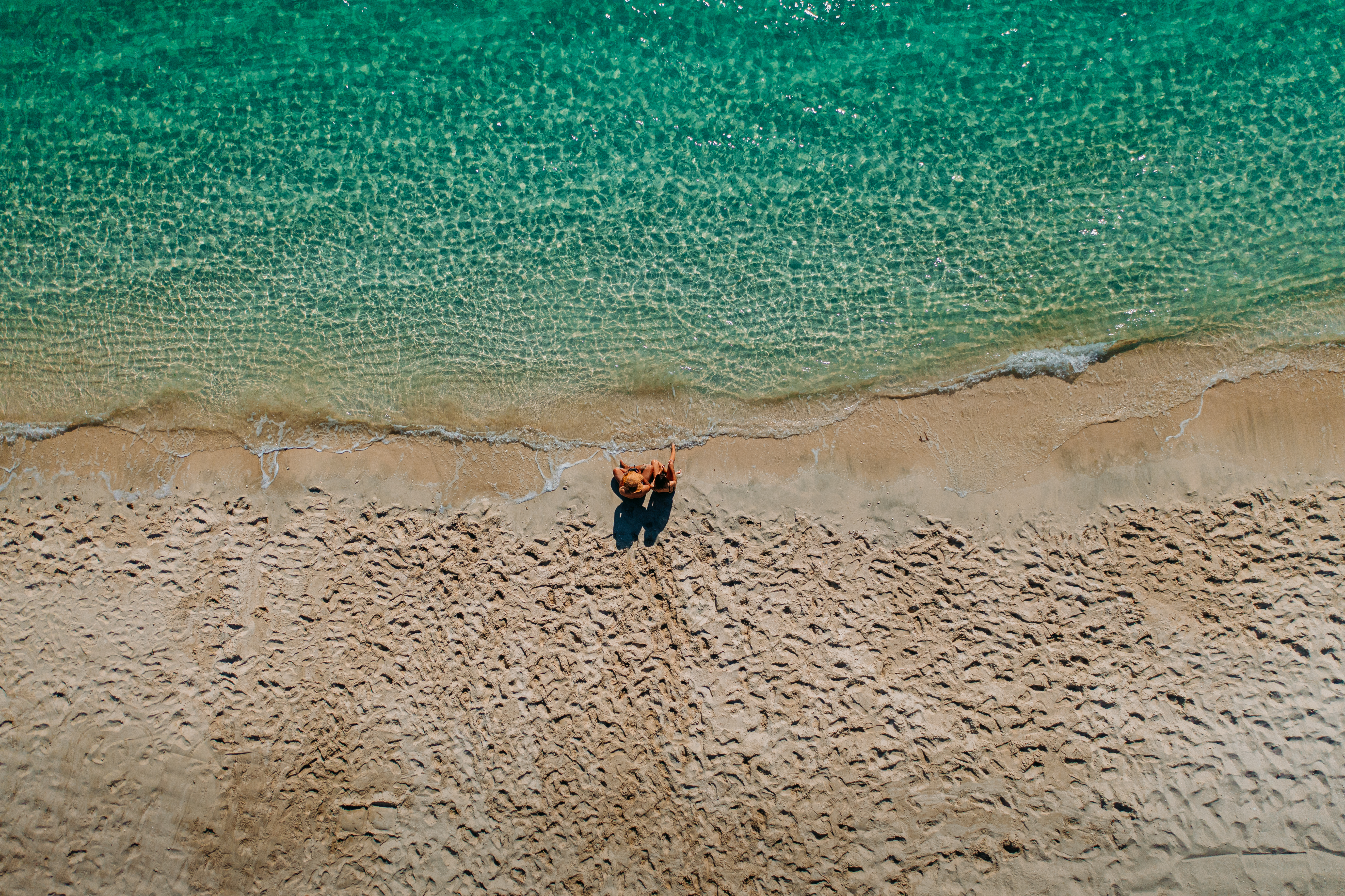
8. Pay attention to marked zones
At some beaches, like Al Bateen, you’ll find specific zones for families, women and mixed groups. Other beaches, like Kai Beach, might have designated women-only days.
Always pay attention to signs, especially around photography restrictions and designated swim areas. Women-only areas in particular are private and may be patrolled to ensure that rules are being followed.
Drones are not permitted on public beaches unless you have prior authorisation from the appropriate authority.

9. Protect the environment
Many parts of Abu Dhabi’s coastline are designated marine-protected or conservation areas, where wildlife, coral reefs and coastal ecosystems are carefully preserved.
If you’re visiting places like Mangrove National Park or remote island beaches, stay on marked trails, avoid feeding animals and never collect shells or disturb turtle nests. These small actions help ensure Abu Dhabi’s beaches stay as pretty and pristine as you found them.
